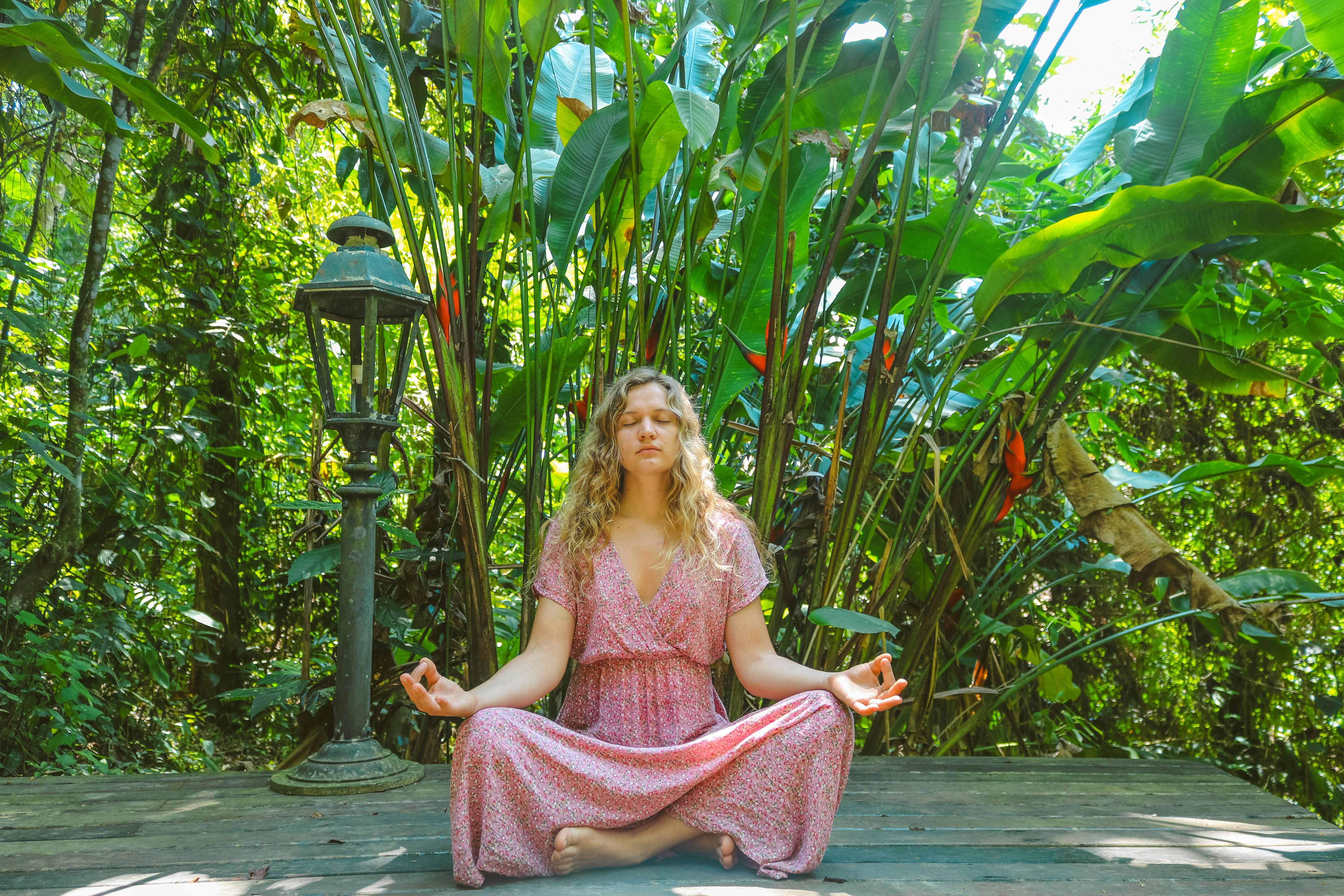In the bustling tapestry of modern life, where the symphony of notifications and endless to-do lists often drowns out the quieter melodies of the mind, a simple yet profound practice is steadily weaving its way into the fabric of daily routines: meditation. Far from being an esoteric ritual reserved for monks or mystics, daily meditation has emerged as a powerful tool accessible to all, offering a sanctuary of calm amidst the chaos. As science continues to unravel the mysteries of the mind, the mental health benefits of this age-old practice are gaining recognition, inviting us to pause, breathe, and explore the transformative potential that lies within. Join us as we delve into the serene world of meditation, uncovering how just a few moments each day can lead to a more balanced and harmonious mental landscape.
Unlocking Inner Peace: Exploring the Mental Health Benefits of Daily Meditation
In the hustle and bustle of daily life, finding moments of calm can feel elusive. However, incorporating meditation into your daily routine offers a gateway to tranquility and improved mental well-being. This ancient practice has profound effects on the mind, helping to reduce stress, enhance self-awareness, and cultivate emotional resilience. By dedicating even a few minutes each day to meditation, individuals can experience a noticeable shift in their mental clarity and emotional stability.
- Stress Reduction: Meditation encourages relaxation and reduces levels of stress hormones, promoting a sense of calm.
- Enhanced Focus: Regular practice can improve concentration and attention span, leading to increased productivity.
- Emotional Health: By fostering a deeper connection with oneself, meditation aids in managing anxiety and depression.
- Better Sleep: A calm mind is conducive to restful sleep, which is essential for overall mental health.
With these benefits, daily meditation serves as a powerful tool for maintaining a balanced and peaceful state of mind, offering a refuge from the chaos of everyday life.

Enhancing Emotional Resilience: How Meditation Cultivates Stability and Clarity
In the fast-paced rhythm of modern life, meditation serves as a sanctuary where individuals can nurture their emotional resilience. By practicing mindfulness, one cultivates a sense of inner stability that acts as a buffer against stress and anxiety. This process involves observing thoughts and feelings without judgment, allowing the mind to settle and clear the clutter that often clouds decision-making.
- Enhanced Emotional Awareness: Regular meditation encourages a deeper understanding of one’s emotional landscape, making it easier to identify and manage emotional triggers.
- Improved Stress Management: By fostering a calmer state of mind, meditation helps individuals respond to stress with a more balanced and composed approach.
- Greater Mental Clarity: The practice of meditation sharpens focus and concentration, enabling clearer thinking and better problem-solving skills.

The Science Behind Serenity: Understanding Meditations Impact on the Brain
In recent years, the intricate relationship between meditation and the brain has become a focal point of scientific inquiry, shedding light on how this ancient practice can bolster mental health. Studies utilizing brain imaging techniques have revealed that consistent meditation can lead to significant structural and functional changes in the brain. For instance, regular meditation is associated with increased gray matter density in regions responsible for learning, memory, and emotional regulation. This neural plasticity suggests that meditation not only enhances cognitive abilities but also equips individuals with a more resilient emotional framework.
Moreover, meditation impacts the brain’s default mode network (DMN), which is active when the mind is at rest and often linked to self-referential thoughts and mind-wandering. Practitioners often report:
- Reduced anxiety levels due to a quieter DMN.
- Improved focus and attention span, as meditation strengthens the brain’s attention networks.
- Enhanced emotional regulation, leading to more balanced responses to stress.
- A greater sense of empathy and compassion, correlating with increased activity in brain areas linked to emotional processing.
By consistently engaging in meditation, individuals may harness these profound neurological changes, paving the way for a more serene and balanced mental state.

Daily Practice, Lasting Change: Practical Tips for Incorporating Meditation into Your Routine
Integrating meditation into your daily life doesn’t have to be a daunting task. By following a few simple strategies, you can seamlessly weave this powerful practice into your routine, reaping its numerous mental health benefits. Begin by identifying a consistent time each day that feels natural for you, whether it’s first thing in the morning or as a calming ritual before bed. Consistency is key to building a habit that sticks.
Consider these practical tips to make meditation a part of your everyday life:
- Start with short sessions of 5-10 minutes and gradually increase as you become more comfortable.
- Create a dedicated space that is quiet and free from distractions, enhancing your focus and relaxation.
- Use guided meditation apps to provide structure and support, especially if you’re new to the practice.
- Incorporate meditation into activities you already do, like focusing on your breath during your morning coffee or practicing mindfulness while walking.
- Keep a meditation journal to track your progress and reflect on the mental shifts you experience.
By taking small, intentional steps, meditation can become a meaningful part of your daily routine, fostering a lasting change in your mental well-being.
In Summary
As we draw our exploration of the to a close, imagine a still pond reflecting the sky, undisturbed by the ripples of the world. In the gentle practice of meditation, we find a sanctuary—a space where the mind can breathe, unburdened by the clamor of daily life. Whether you are seeking solace from stress, clarity amidst chaos, or simply a moment of peace, meditation offers a timeless refuge. Embrace this ancient practice, allowing its quiet power to weave into the fabric of your everyday life, nurturing your mental well-being with each mindful breath. As you step away from these pages, may you carry with you the whisper of tranquility, ready to transform each day into a canvas of calm.
